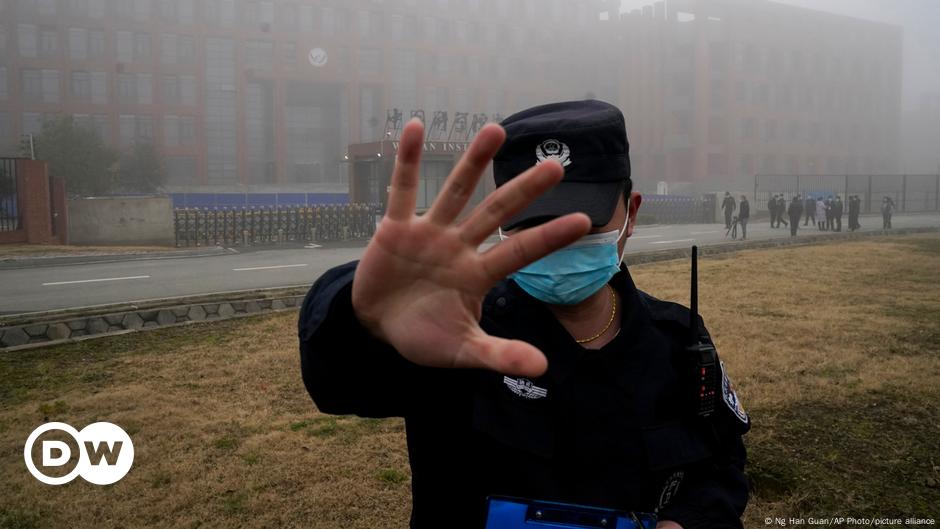Summary
The WHO reiterated calls for China to provide data on COVID-19 origins, five years after the virus emerged in Wuhan.
The lack of transparency has hindered understanding of the pandemic’s early stages. Initial theories pointed to animal-to-human transmission via Wuhan’s wet market, but speculation about a lab leak persists.
A 2021 WHO-China report deemed a lab leak “extremely unlikely,” though no firm conclusions were reached. China has rejected further investigations.
While most scientists favor natural origins, debate remains, complicating efforts to prevent future pandemics.



Same source says that it definitely came to Europe from China though, a few paragraphs lower:
Looks as if the original virus that definitely came from China caused less severe symptoms and was not detected, but still caused infections thus antibody findings.
Did China do transparent peer-reviewed research into this?
I don’t know. But I don’t see how that’s relevant to Wuhan having a lab that studies coronaviruses if the pandemic didn’t start in Wuhan, which even now is still repeated as if it was truth by proper journalists and DW alike.
The first confirmed cases were in Wuhan, and right now, the state of science is that started either in Wuhan or near Wuhan. It’s complicated science because where antibodies were found is still just one datapoint, a precursor can have the same molecular structure on the virus surface, so similar or exactly the same antibodies. Meaning since the discussed proCoV2 was only three base pairs away, it could be producing the same antibodies, be widespread, infect, even kill people, yet not be COVID-19.
The problem that the Chinese political system doesn’t promote open academic discussion - that the virus is political - doesn’t help either.
So your assertion is that we need to seriously consider that a ‘wild’ coronavirus with the same signature as Covid-19 evolved somewhere in China, spread to Italy and elsewhere in Europe and probably dozens of other untested places in the summer of 2019, and - coincidentally - Covid-19 itself mutated in bushmeat or was engineered in Wuhan in an unrelated zoonotic transmission or, uh, “biocrime”?
Which of us is stretching probabilities to breaking point for political purposes, ‘HK’?
No, it’s the conclusion of the paper cited in your source. The supposed proCoV2 is 3 base pairs away from Wuhan-1, and is 1100 base pairs away from other human-infecting SARS strains.
Basically there was another similar virus that had the same spike proteins - if you remember the photos, the virus is a spiked ball, the antibodies bond to the spikes. It was a precursor to the Wuhan strain, so basically the fact that there were antibodies in Italy before the Wuhan outbreak just means that similar shit was going around the world before, but not the same shit.
https://par.nsf.gov/servlets/purl/10287595
I haven’t said anything about labs. Nobody treats the lab theory as a “proven fact”. But it is a proven fact that the specific strain that got dubbed COVID-19 first appeared in the general vicinity of Wuhan.